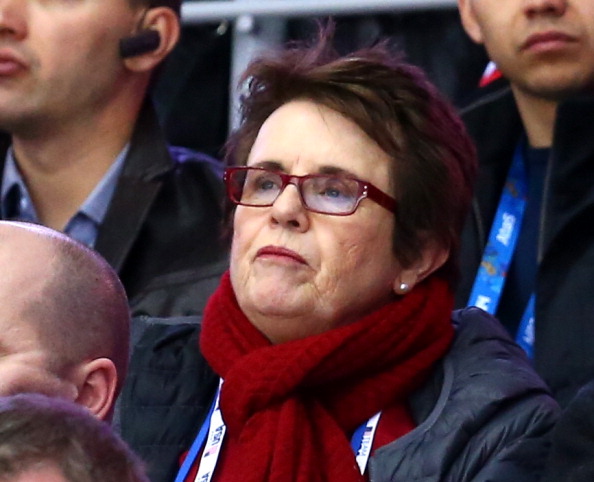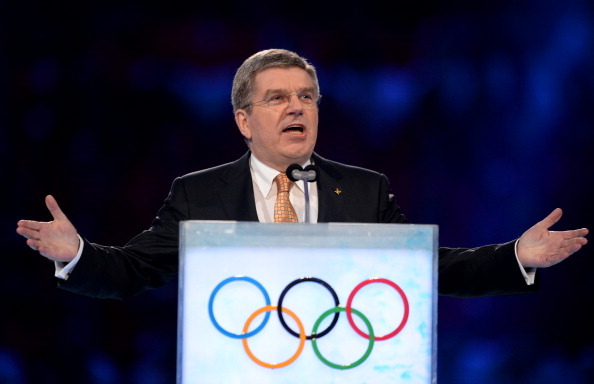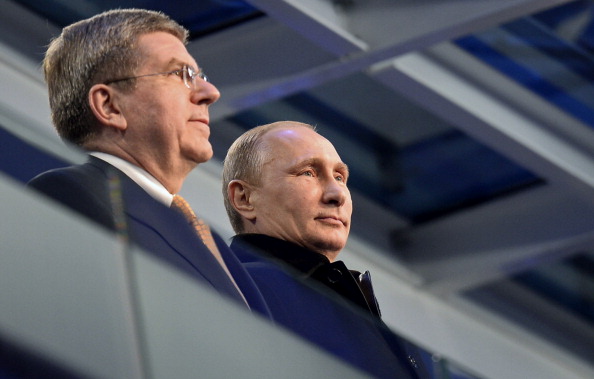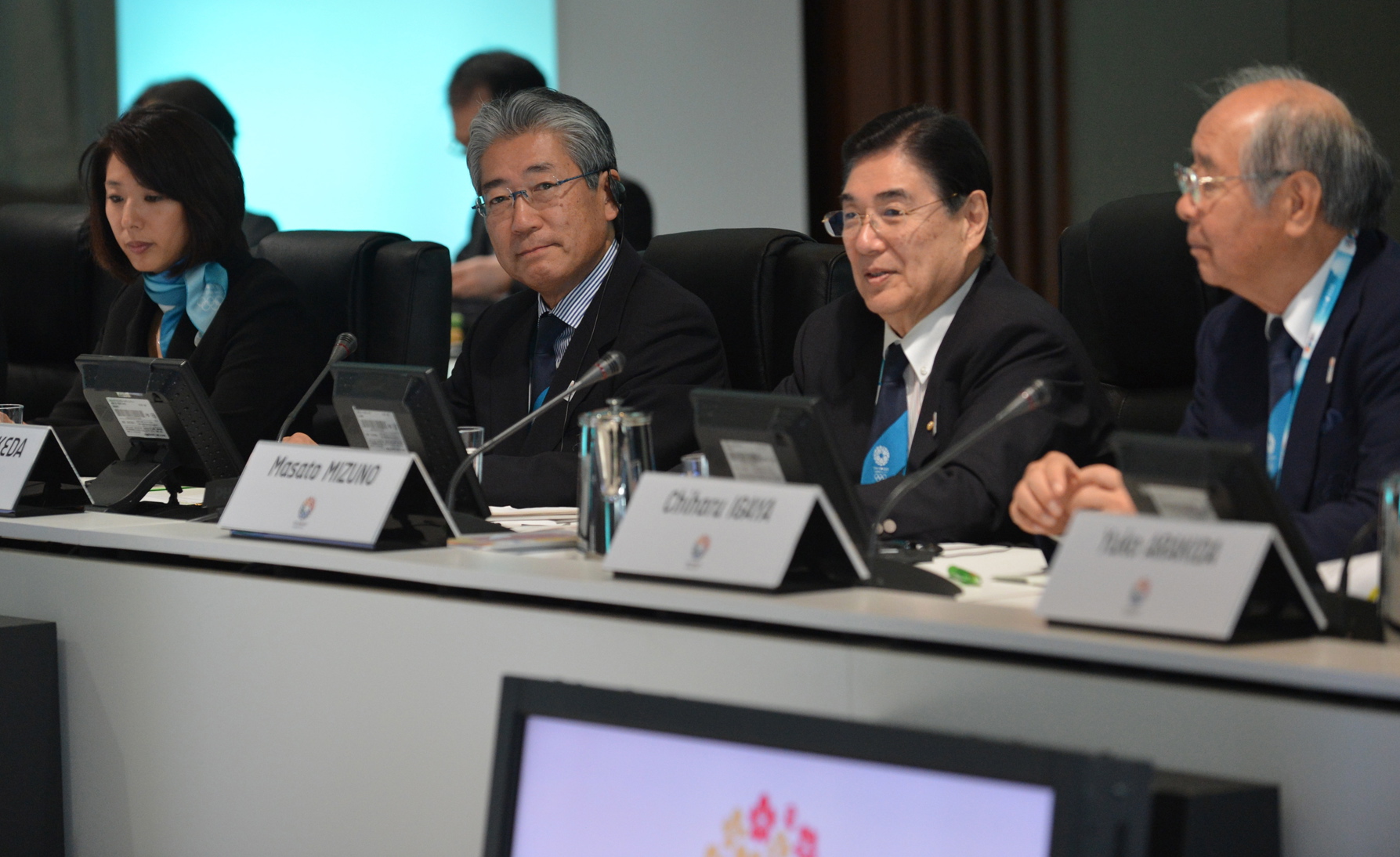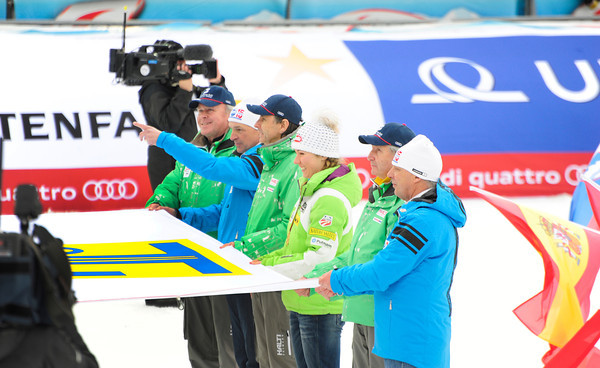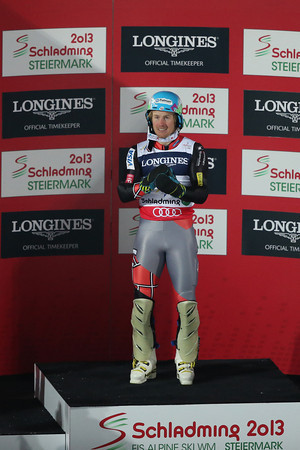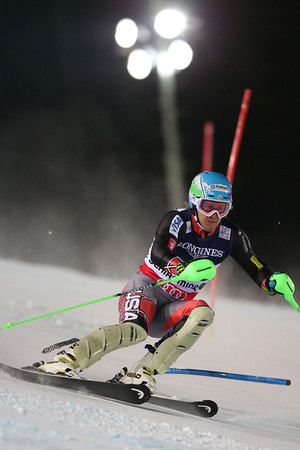President Barack Obama
1600 Pennsylvania Avenue NW
Washington, DC 20500
August 2, 2016
Dear Mr. President:
Coming up on three years ago, I wrote you an “open letter” critical of your decision to send to the Sochi 2014 Winter Games an official White House delegation that did not include yourself, the First Lady, the vice president nor, indeed, any member of your cabinet.
On Tuesday, the White House announced that Secretary of State John Kerry will head the White House delegation to the Rio 2016 Summer Games.
Mr. President, I cannot emphasize strongly enough how much I respect you personally as well as the office you hold. I voted for you twice. If I could, I would vote for you again this November. I believe history will treat you kindly — that, with time, you will come to be seen as what you truly are and have been, one of our greatest presidents in more than 200 years.
With all that said, sir:
Please permit me the opportunity to address you in another “open letter,” mindful that I am grateful to call home a country where I may give voice to criticisms and that, as well, any such criticisms relate solely to matters of policy. In no way are they personal.
The announcement that Secretary Kerry will lead the 2016 delegation underscores the futility and hypocrisy inherent in what the White House tried to do — with, at best, limited impact — in connection with the Sochi Games.
Can we — you, me, all of us — acknowledge now the truth of the matter?
That what the White House sought in 2014 was to leverage the spotlight of the Olympic Games to exploit the American position in dealing with the Russians, in particular Mr. Putin, while simultaneously expressing considered frustration, if not more, with the International Olympic Committee?
And to what purpose?
The record is plain.
In October 2009, you and the First Lady went to Copenhagen to lobby the IOC for Chicago’s 2016 Summer Games bid.
In retrospect, we can perhaps observe it might be all to the good that Chicago did not win. Imagine, Mr. President, the worldwide media uproar in anticipation of a 2016 Chicago Games over the murder rate in Chicago and, by extension, American gun-control policies. Not to mention the national embarrassment that is Mr. Trump, whom you appropriately described on Tuesday as “unfit” and “woefully unprepared” for the presidency.
At any rate, you went to Copenhagen — the first sitting president, ever, to lobby the IOC in such a fashion.
The members not only awarded the 2016 Games to Rio de Janeiro, they booted Chicago in the very first round. Tales still circulate within Olympic circles of the IOC members idling on buses while waiting for your security detail to give the all-good to come in to the convention hall.
Since then, the White House’s — by extension, the federal government’s — relationship with the global Olympic movement and, more broadly, international sport, has deteriorated to the point of dreadful, and that is being generous.
Maybe you have forgiven if not forgotten. But it’s something of an open secret that your trusted advisers may hardly have done so.
Who brought the indictments against FIFA? The U.S. Justice Department, headed by Ms. Loretta Lynch. Assuredly, the Attorney General wields considerable latitude in her prosecutorial choices. At the same time, who does the Attorney General report to? That would be you.
Before you named her Attorney General, Ms. Lynch served as U.S. Attorney in Brooklyn, for five years heading the office for the Eastern District of New York. This past May, it was the Eastern District that opened an inquiry into allegations of state-sponsored Russian doping — as if a Russian matter should, on some theory, be a matter for American law enforcement.
Imagine, sir, if the tables were turned. The American court system, indeed the federal courts with their limited jurisdiction, are filled with allegations of wrongdoing each and every day. Are the Russians weighing in to impart their view of justice on our behalf? Are they mounting a campaign to convince Americans and others around the world that, for instance, the death penalty, legal in several U.S. states, is illegal it not immoral?
Perhaps there is this: at least you didn’t try to stick it further to the Olympic scene by naming Ms. Lynch to the 2016 delegation. Just Secretary Kerry; the U.S. ambassador to Brazil; three other federal officials, and the swim legend Mark Spitz.
The disregard with which your administration views the Olympic scene could hardly have been more apparent when, last October, the Association of National Olympic Committees held its annual meeting in Washington, just blocks from the White House.
Since becoming the IOC president in 2013, Thomas Bach has met with more than 100 heads of government or state. But, notably, not you.
Indeed, at the Sochi opening ceremony, Mr. Bach, obviously if indirectly referring to you, said the Olympics should not be “used as a stage for political dissent or for trying to score points in internal or external political contests.”
Mr. Bach also said in opening the Sochi Games, “Have the courage to address your disagreements in a peaceful, direct political dialogue and not on the backs of the athletes.”
At the ANOC event, no senior U.S. official had the courage to show until several days into the event when — your White House obviously alerted that this show of American defiance might not reflect well on a Los Angeles bid for the 2024 Summer Games — Vice President Biden appeared from behind the curtain.
Mr. Biden stayed for all of seven minutes.
As for LA, and its 2024 contest with Paris, Rome and Budapest: the heads of state or government of France, Italy and Hungary have all said they are coming to Rio for the Games opening ceremony.
But not you.
“It is absolutely normal that participating countries at major events such as the Olympic Games, being organized every four years, are represented by high-level state leaders,” the Hungarian release, issued Tuesday, said. “This is especially true for countries that have bid to host the Olympic Games.”
It’s in this full, indeed rich, context that one has to view the 2014 Sochi White House delegation — as one of a series, since that 2009 Chicago defeat, of provocations.
Perhaps it is the case that the dots don’t connect. But it plainly looks like they do. And we both know this truism: in politics, perception is as important than reality, if not more so.
To be honest, of course, in our popular culture, the Russians make for excellent villains. Think only of Ivan Drago in "Rocky IV," or the bad guys in James Bond movies, or even Boris and Natasha from “The Rocky and Bullwinkle Show.”
Mr. Putin, right or wrong, fair or not, plays the role for many of the arch-villain of our time.
How easy was it to tap into all that sentiment while amplifying a disregard for the Olympic scene?
The White House said in 2014 that your schedule simply didn’t allow you to travel to Sochi.
This, Mr. President, begs credulity.
The central issue was the controversy that you latched onto sparked by the Russian anti-gay propaganda law. A couple months before the Games, you remarked, “Nobody is more offended than me by some of the anti-gay and lesbian legislation that you’ve been seeing in Russia.”
For the opening ceremony, you named two openly gay athletes: Billie Jean King, the tennis star, and skating gold medalist Brian Boitano.
A tennis player — at the Winter Olympics?
For the closing, you threw a little more gas on the fire by naming Caitlin Cahow, winner of Olympic silver and bronze medals in ice hockey, another gay athlete, to the closing ceremony delegation.
You might remember that Ms. King ended up going to the closing ceremony; her mother passed away the day of the opening ceremony. Ms. Cahow took part in the opening ceremony.
You might recall, too, that in a commentary for CNN published a few weeks before the 2014 Games, Ms. King had said, in part:
“Is our nation making a statement on Russia’s anti-gay propaganda law by sending gay men and women to represent us in Sochi? Perhaps we are.”
Perhaps?
The right answer to Ms. King’s rhetorical question: obviously.
In that same piece, she also said:
“… I hope these Olympics will be a watershed moment for the universal acceptance of all people.”
That for sure has not happened. We all have a long way to go. Yes, the U.S. Supreme Court has since made same-sex marriage the law of our land. But that has hardly triggered a rush in other countries to follow our lead.
Ms. King also said in her piece:
“I have a saying that 98 percent of winning is showing up. So we will show up in Russia. We will support our athletes and cheer them as loudly as possible. And we will keep the equality conversation alive.”
When she got home from her White House-sanctioned Sochi-related activism, Ms. King, in an Associated Press feature, said she would like the IOC to add sexual orientation to the list of protections in its charter and to consider the issue when deciding host countries for future Olympics.
The IOC did add sexual orientation to its list of protections, as part of its Agenda 2020 “reforms” enacted in December 2014. But it would have done so regardless of Ms. King. Or anyone from the United States.
As for the second point: not so much. The IOC competition for the 2022 Winter Games got down to Kazakhstan and China. Neither can boast about its human-rights record. In 2015, the IOC went for Beijing.
And if it were the “equality conversation” that was the true impetus for the composition of the Sochi delegation, Mr. President, that imperative would hold even more validity in connection with Rio and 2016.
As the New York Times reported on July 5, Brazil is arguably the world’s deadliest place for lesbians, gays, bisexuals and transgender people.
Over the past four-plus years, the newspaper reported, citing Grupo Gay de Bahia, an advocacy group, nearly 1,600 people have died in hate-motivated attacks. That means a gay or transgender person is killed almost daily in Brazil.
The Times story quotes the advocacy group’s manager as saying that the numbers represent “only the tip of the iceberg of violence and bloodshed,” since police here often, as the paper reported, “omit anti-gay animus when compiling homicide reports.” An Amnesty International Brazil official, the paper further reported, said, “Homophobic violence has hit crisis levels, and it’s getting worse.”
So much outrage over a Russian propaganda law in the run-up to Sochi 2014 but, in comparison, comparative silence in these weeks and months before Rio 2016 about horrific violence in Brazil?
Mr. President, you proved eloquent, as usual, in decrying the June massacre that took 49 lives at a gay nightclub in Orlando, Florida. Yet nothing about the slow, steady and awful rate of homicides in Brazil?
The Olympics are assuredly imperfect. But there is no other institution in our fragile world that offers the very notion you have spent much of your time in office promoting — we are all better when we stand, in peace, together.
With that in mind, please allow me to close with an unsolicited suggestion.
Next year, at an assembly in Lima, Peru, the IOC will decide the 2024 Summer Games site.
By then, you will be out of office. We can all hope that Ms. Clinton — an avid public supporter of the Olympic notion — is your successor. At any rate, if you were to appear in Lima, and once again address the IOC on behalf of an American candidate city, it might be therapeutic all around.
It also could be awesome.
You could even start by saying something like, “Sorry about that last time. I for sure didn’t mean to make you sit around for a few minutes just on my account.” Take it from there, sir. There’s a powerful argument that the world needs what Los Angeles, what California and what our great country can — in service and humility — offer.
As you have proven repeatedly, such humility, as well as considered doses of humor and empathy, can often achieve great things, particularly in the pursuit of pluralism and tolerance. Being strident rarely gets us anywhere.
Thank you, sir, for your attention and consideration. And for your years of leadership. Godspeed.
Sincerely,
Alan Abrahamson
3 Wire Sports
Los Angeles, California



